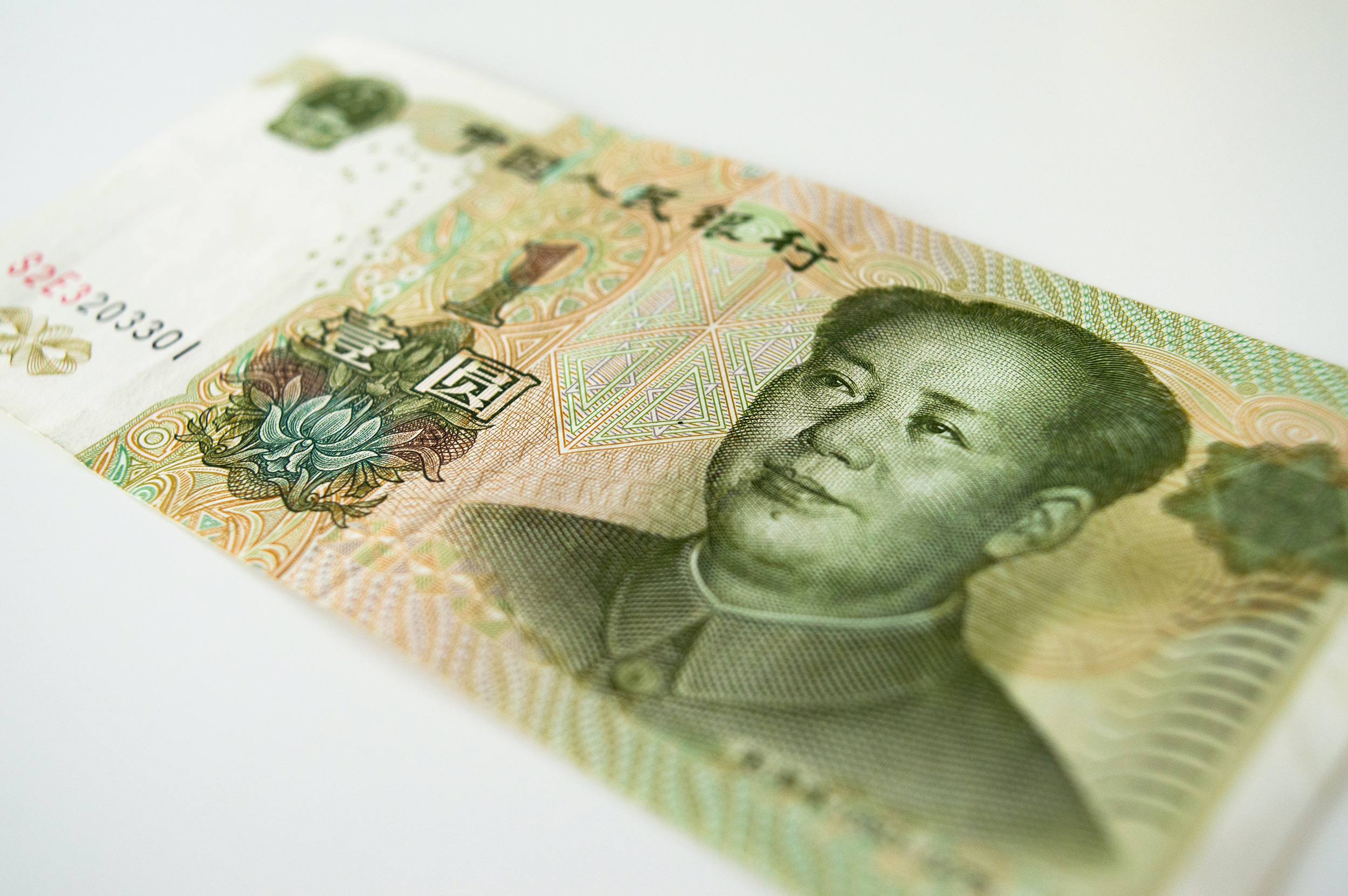Issue:
October 2023 | Deep Dive
China's economic challenges will reverberate far beyond its borders, experts tell FCCJ event
Is China's economy really on the point of collapse, as some Western media have suggested? What impact would such a disaster have on Japan, which has a deep trading relationship with China, as well as on other Asian nations whose economies are deeply dependent on their giant neighbor?
A recent FCCJ Deep Dive event lived up to its name by taking what one of the panelists, Asian Development Bank chief economist Albert Park, described as a holistic view of the world's second largest economy.
He and two other panelists – Lyric Hughes Hale, a U.S.-based China expert, and Tokyo-based Jesper Koll, who specializes in Japanese financial and economic affairs – offered a balanced assessment on a subject that is often distorted by polarized political views.
The Chinese economy is far from a state of collapse and is still recovering from extended lockdowns imposed during the Covid-19 pandemic, they said. But while China's problems can be regarded in part as cyclical in nature, there are also serious structural challenges that need to be addressed.
China's core problem lies not so much in the over-developed and often overpriced housing sector as in the problem of local government housing finance and the institutional deficiencies that cause it, Park and Hughes Hale said, adding that the issues needs to be addressed urgently.
Park, director general of the Economic Research and Development Impact Department at the ADB, argued that China's economy had suffered from "growth moderation" rather than a slump since its initial recovery from coronavirus lockdowns. The ADB has slightly revised down its 2023 growth forecast from 5% to 4.5%.
But news on the trade front is not so good. Imports, especially goods such as electrical machinery, from Asia and elsewhere have been slowing for seven months, at least in value terms. In volume terms they have been stable, however, meaning that the fall may be partly an exchange-rate effect.
Foreign direct investment (FDI)) in China, especially from the U.S., has slowed sharply due to the "chilling effect" of falling confidence. But this also reflects a wider "politicization" of FDI, said Park, who noted that trade with China remained robust and that most countries wanted to maintain open trade with the country.
If "decoupling" of trade and investment between the U.S. and China does happen, it will not be these two countries that suffer so much as myriad midsize and small countries in and beyond Asia that are
critically linked to China's economy, according to Park. They “do not wish to be asked to take sides”, he said.
However well other sectors of the Chinese economy are holding up, the property sector – especially housing - is definitely a drag on growth, Park acknowledged. The Chinese central government is making determined efforts now to deleverage that sector, and “this will be painful”, he added.
The central government has many ways to address this crisis, however, and meanwhile non-property business investment in China is in much better shape, he said. But Chinese local authorities need to focus on introducing property taxes in order to boost fiscal revenues.
Park also said that China's private sector has to be the main driver of growth. The country has the technological and entrepreneurial capacity to make further strides, but this can happen only if the playing field between state-owned and private enterprises can be made level.
Hughes Hale agreed that the property sector was key to China's full recovery and future health. She noted that a major reason why officials in China oppose the introduction of a local property tax is that this would force them to register their ownership of apartments they have bought as investments.
China's huge investment in housing is financed chiefly by banks and particularly by the fast-growing nonbank sector, or "shadow banks", which are a source of concern mot only in China but also in many other parts of the world.
For perspective, Hughes Hale, director of research at Hale Strategic and editor-in-chief of EconVue in Chicago, noted that China's economic problems were "not as serious" for the world as potential economic and financial threats in the U.S.
She rejected the view that China's economy is "going to fall apart" and argued that the main reason why China has not enjoyed a consumer-led economic recovery in the wake of Covid is that Chinese consumers are more cautious about spending their household savings than American consumers are about spending their more modest savings.
She agreed on the urgency for China to tackle institutional, financial and other reforms at the local level to restore growth. China's problem is not that it is "growing old before it grows rich”, but that it has not taken advantage of past growth to finance reform, she said.
Hughes Hale doubted that U.S.-China relations could improve dramatically while Washington continues to view China as a threat. She also noted that China was now tending towards "downgrading the importance of its international relations".
Koll, who is a veteran Japan financial analyst and ambassador and expert director at the Monex Group Japan Catalyst Fund, lamented the "building of walls" and the "ring-fencing of relations" between the U.S. and China, but he argued that Japan-China trade and economic relations would remain strong.
Koll rejected the idea of a general "Japanification” of China – meaning that China is now facing a decade of economic decline as Japan did after the collapse of its bubble economy. But the deleveraging of China's financial sector now could have somewhat similar consequences, he added.
Money used to pay off debt in China will not be available to finance new business and other investments, Koll warned. The danger for Japan and other countries in Asia that depend heavily upon China for trade, investment and growth is that they will suffer as a result.
Anthony Rowley is a columnist and contributor for the South China Morning Post.


